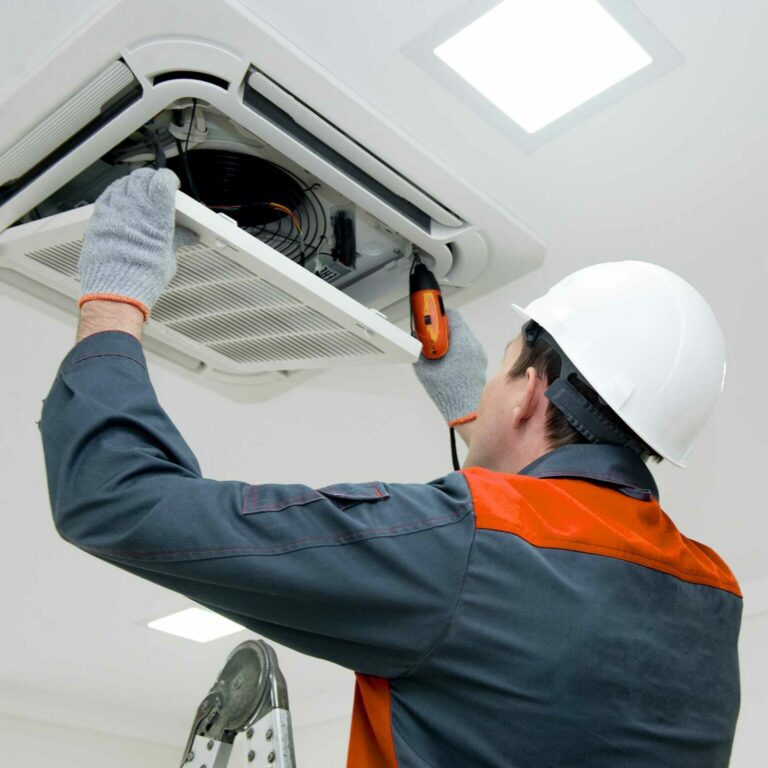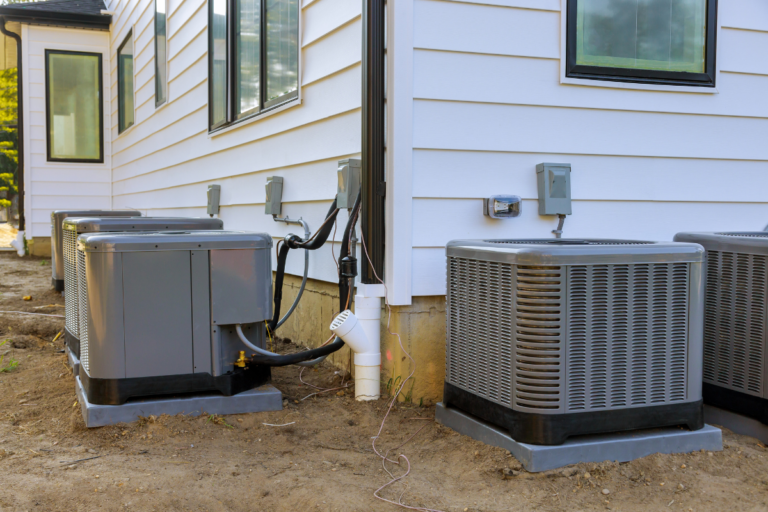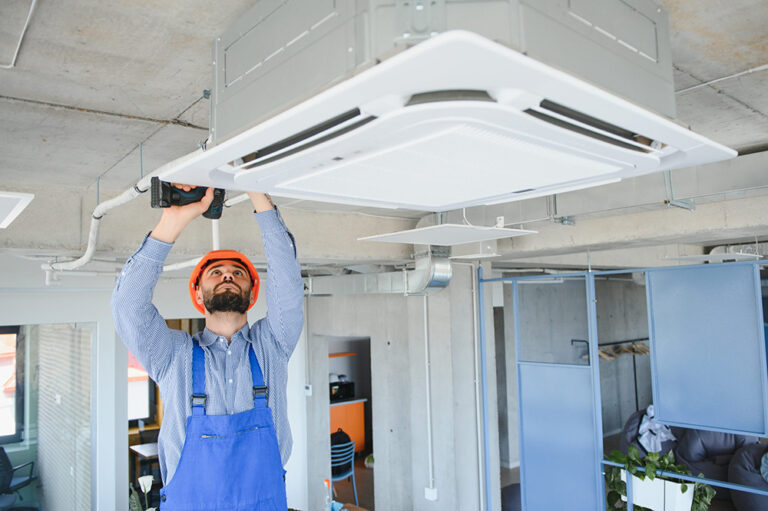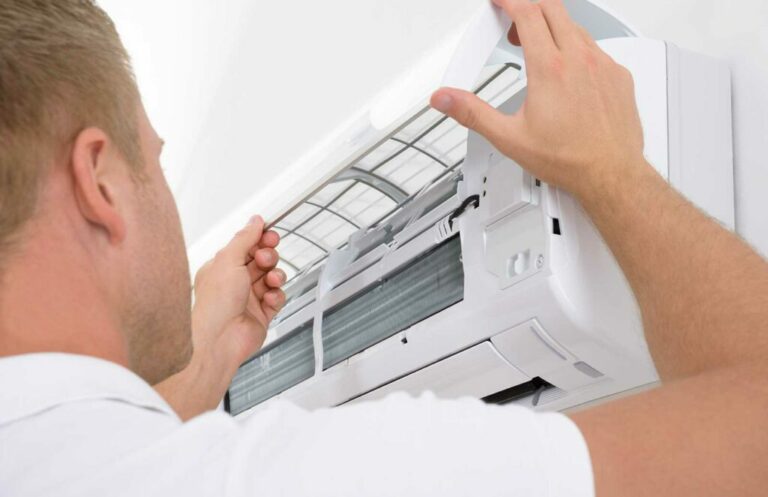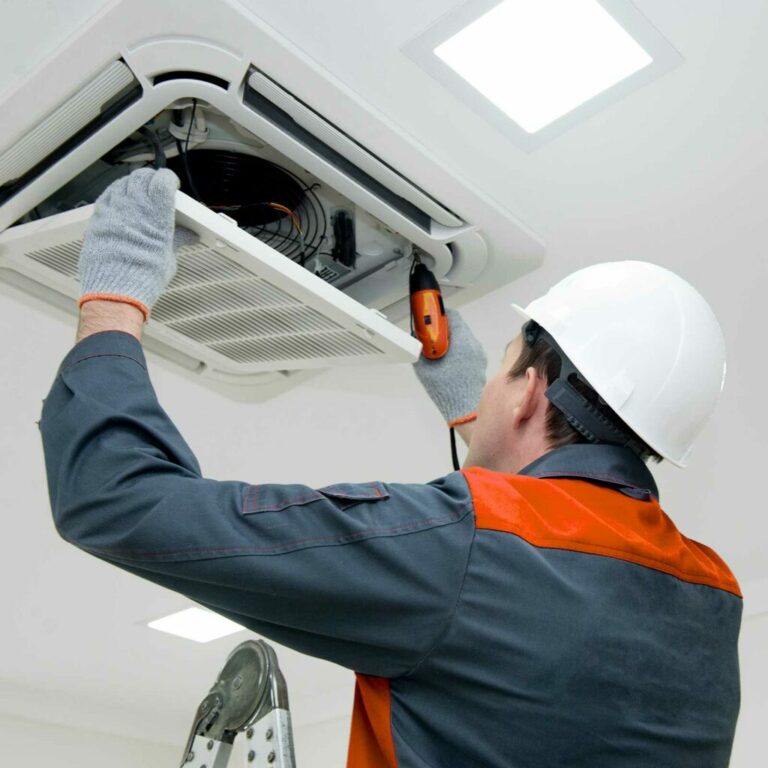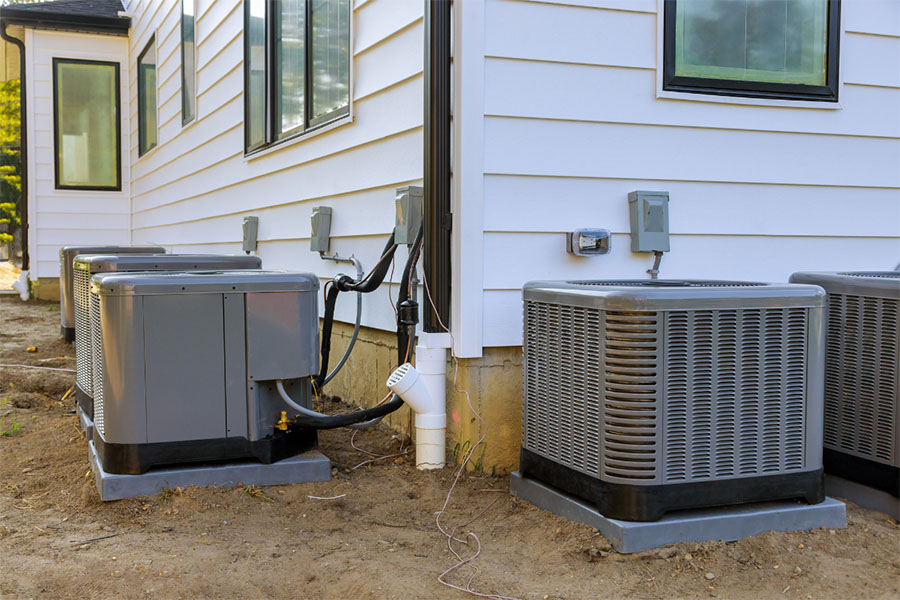
Imagine it’s the hottest day of the year, and your air conditioning suddenly stops working. This scenario is all too familiar for many homeowners and underscores the importance of understanding common HVAC system failures. By knowing what typically goes wrong, you can take steps to prevent these issues and ensure your system runs smoothly.
Frequent HVAC System Failures
HVAC systems, while robust, can encounter several common failures. Here are some typical problems:
- Refrigerant Leaks: Leaks in the refrigerant lines can cause the system to lose its cooling capability, leading to inefficient operation and higher energy bills.
- Compressor Issues: The compressor is the heart of your HVAC system. Failures here can stop the entire system from working. Common causes include electrical issues or refrigerant problems.
- Thermostat Malfunctions: When the thermostat is not working correctly, it can’t properly regulate the temperature, leading to inconsistent indoor conditions.
- Clogged Filters: Over time, dust and debris can clog filters, reducing airflow and forcing the system to work harder than needed.
- Drainage Problems: Blocked drainage pipes can lead to water leaks and damage to the system and surrounding areas.
Recognizing these issues early can save you from unexpected breakdowns and expensive repairs.
Causes of HVAC Failures
Understanding why these failures occur can help in preventing them. The lack of maintenance is a primary cause. Neglecting regular maintenance tasks like changing filters or cleaning coils can lead to many of the common failures mentioned above. Regular upkeep is crucial for keeping the system in top condition.
Component wear and tear is another common reason. Over time, even the best Boise HVAC systems suffer from wear and tear. Components like belts, bearings, and motors can wear out, causing the system to fail. Environmental factors, such as extreme weather conditions, dust, and debris, can also impact the performance and lifespan of your HVAC system.
Warning Signs to Watch For
It’s essential to recognize early warning signs of HVAC failures. These include:
- Strange Noises: Strange noises, including banging, rattling, or hissing, might point to potential problems in the system.
- Uneven Temperatures: If some rooms are too hot or too cold, it could signal an issue with the HVAC system.
- Increased Energy Bills: A sudden spike in energy costs often points to inefficiencies caused by underlying problems.
Identifying these signs early can help you take prompt action, potentially saving you from more significant issues down the line.
Prevention Strategies
Preventing HVAC failures involves a combination of regular maintenance and timely interventions. Here are some strategies to consider:
- Regular Maintenance Practices: Schedule regular inspections and maintenance checks. This includes changing filters, cleaning coils, and checking refrigerant levels. These simple steps can prevent many common issues.
- Upgrading and Replacing Parts: If your system is older, consider upgrading components or the entire unit. Newer systems are more efficient and less prone to failure.
- Professional Inspections: Have your system inspected by a professional at least once a year. Professionals can identify and fix issues that might not be apparent to homeowners.
Implementing these strategies can significantly extend the life of your Boise HVAC system and improve its efficiency.
Conclusion
Understanding common HVAC failures and how to prevent them can save you from discomfort and costly repairs. For comprehensive maintenance and repair services, contact Innovative Mechanical Solutions today. Our experts are here to ensure your HVAC system runs smoothly and efficiently all year round.

